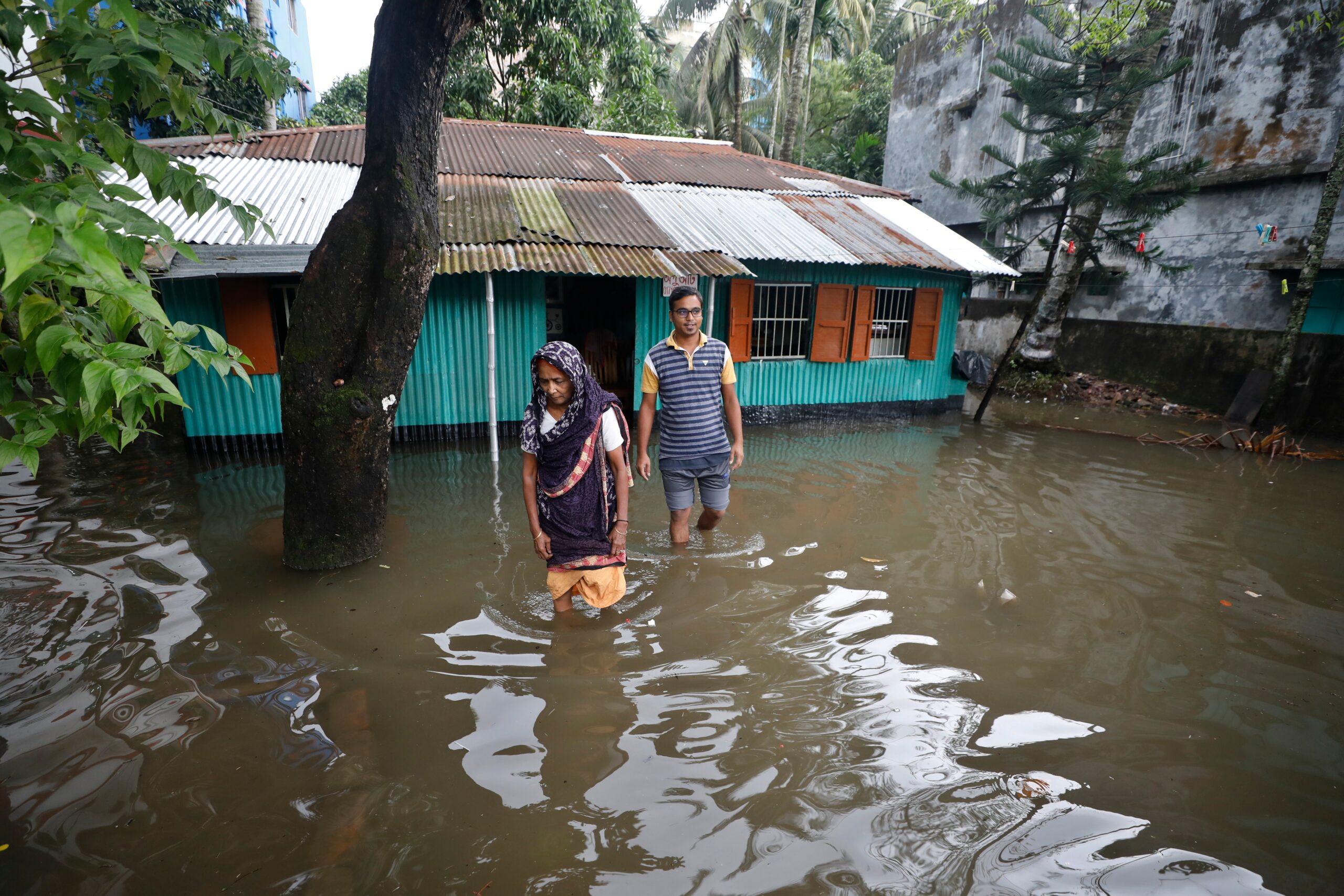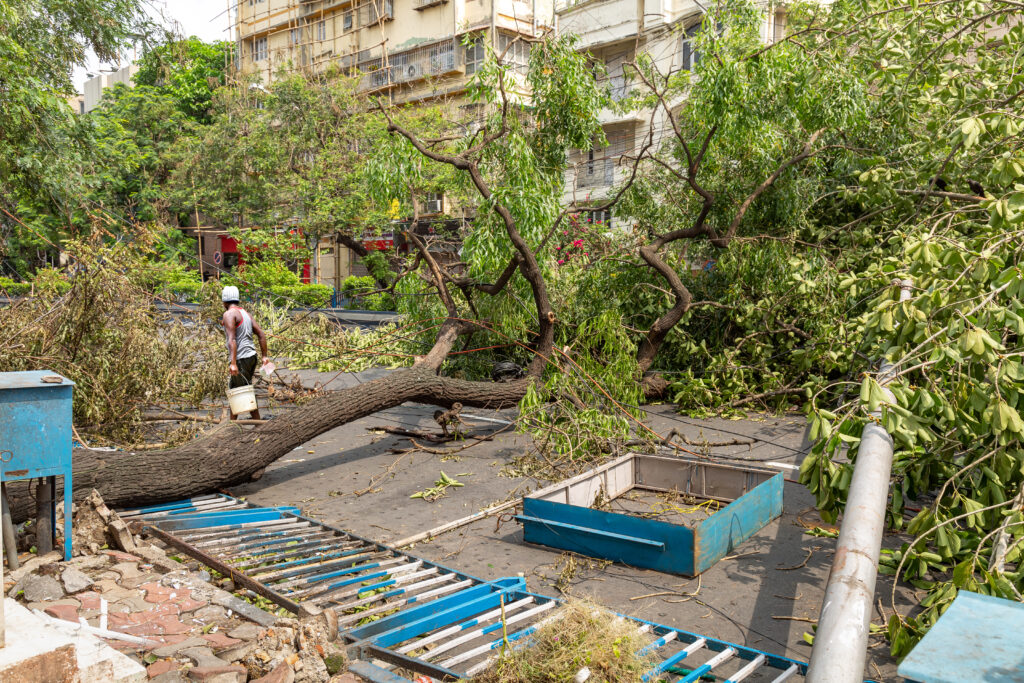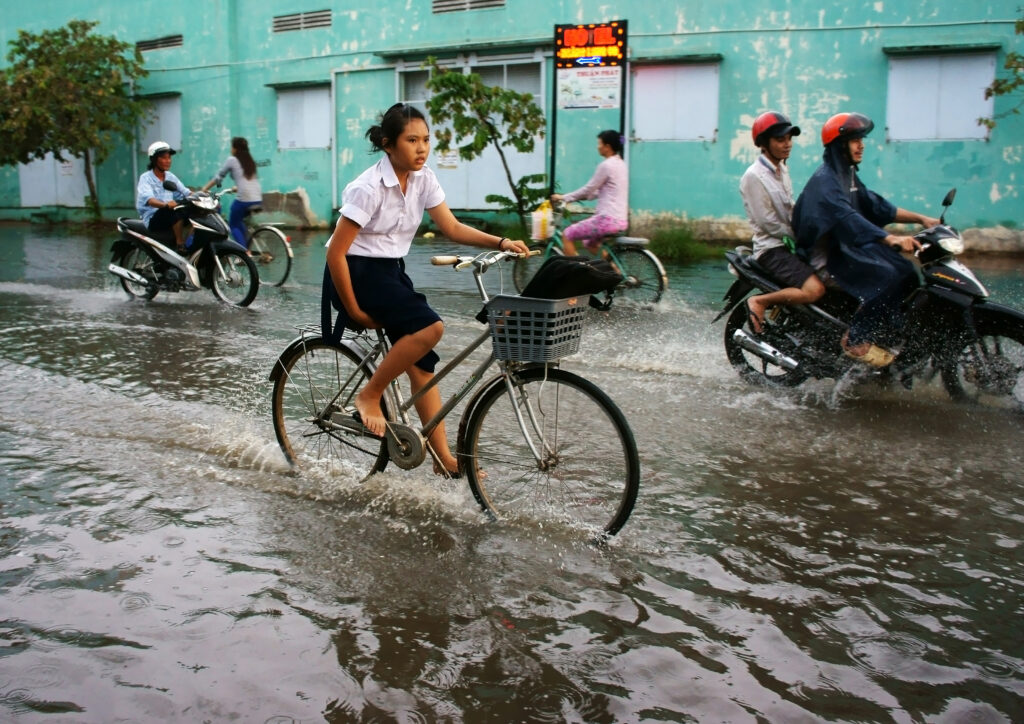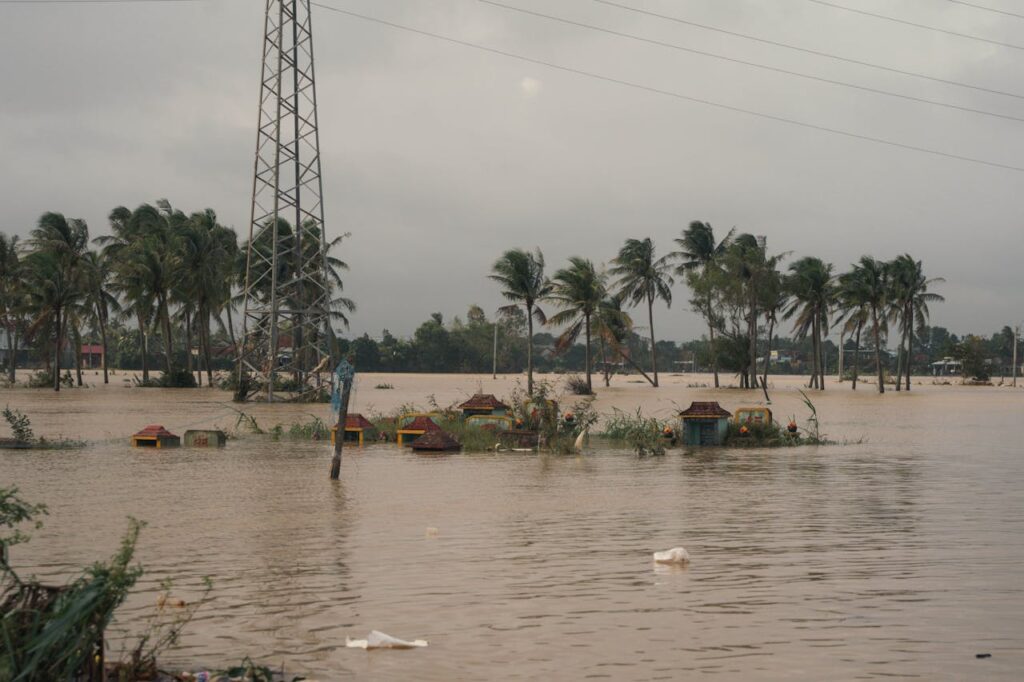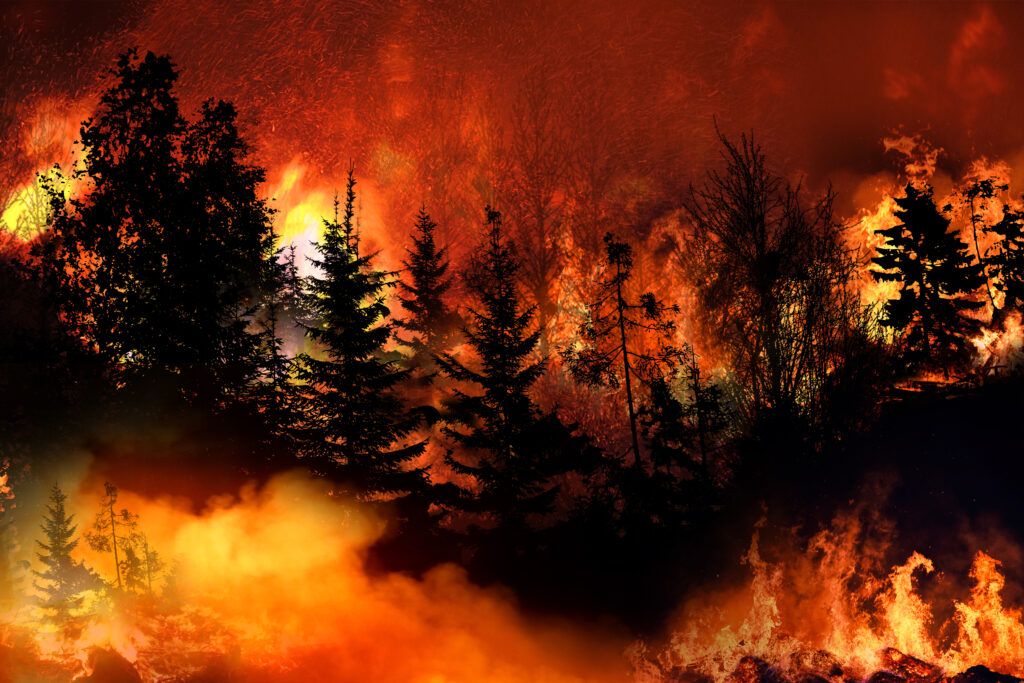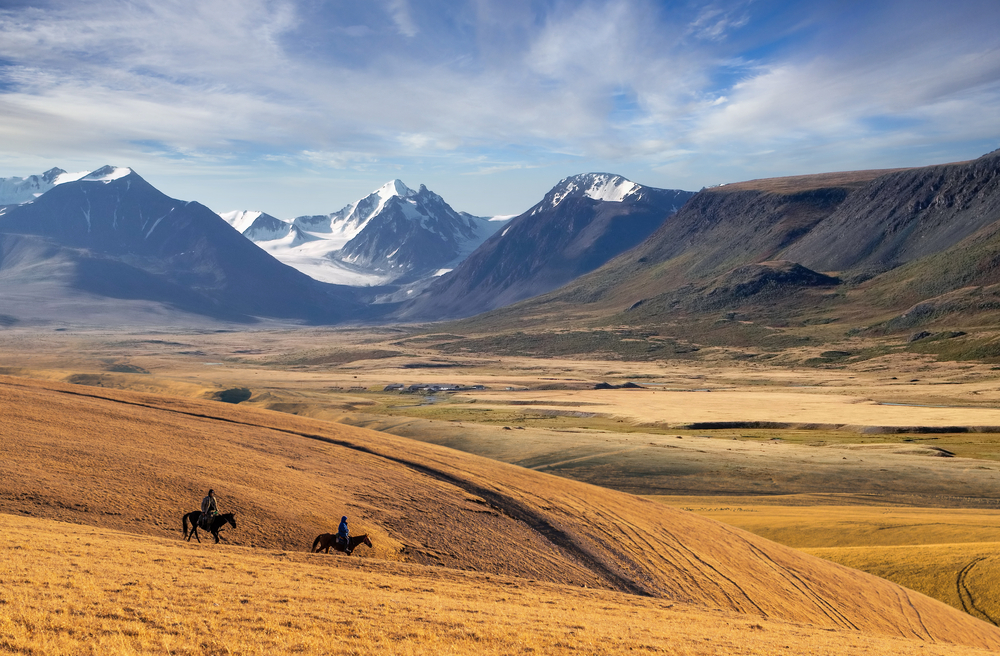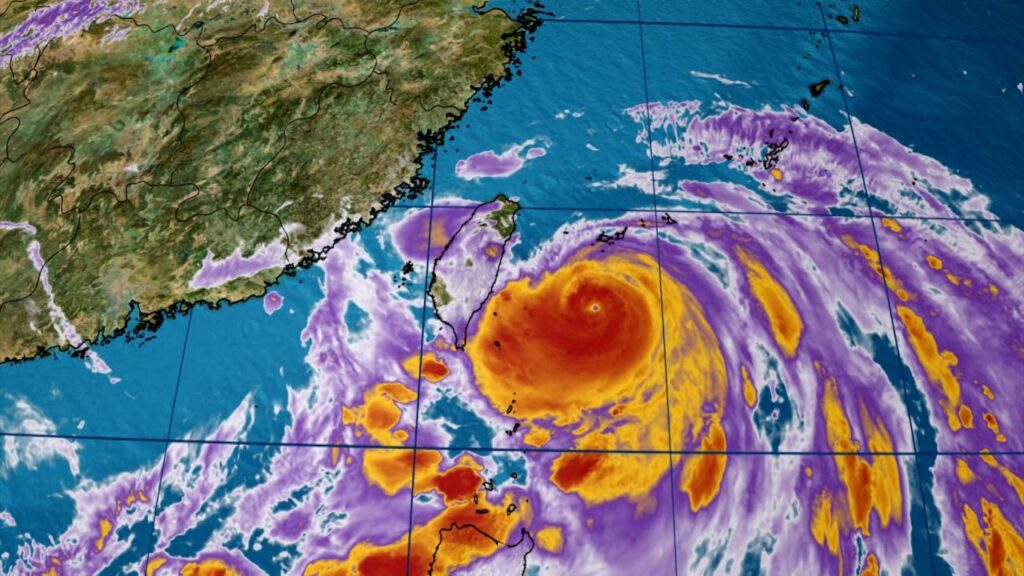Those living in the Bay of Bengal are no strangers to cyclones battering their coastlines. Cyclone Mocha was the first in 2023 and has left behind a cascade of tragedies, from 145 dead in Myanmar’s Rakhine state to 750,000 people in Bangladesh evacuated from coastal areas. The extreme cyclonic storm also caused widespread loss and damage.
Anthea Webb from the World Food Programme, part of the UN, said that hundreds of thousands needed aid in the aftermath of Cyclone Mocha. “There are at least 800,000 people in urgent need of emergency food assistance,” said Webb. Describing the devastation, she added that homes were flattened, along with hospitals and schools.
The Wind Speed and Category of Cyclone Mocha
Within a week of its emergence in the Bay of Bengal in May 2023, Cyclone Mocha transformed into a raging torrent with wind speeds peaking at 250 km/h. It had a Category 5-equivalent intensity and was one of the strongest cyclones of the century for the region. The rate of Mocha’s intensification is somewhat of a new phenomenon in the Bay of Bengal. Dr. Roxy Mathew Koll, a climate scientist at the Indian Institute of Tropical Meteorology, says Mocha’s rapid intensity was supported by regional conditions.
“The Bay of Bengal has been riding on the wave of global warming during the past few decades,” said Koll. “Temperatures have been between 30-32°C in the Bay of Bengal. These high temperatures play a very important role in the intensification of cyclonic storms.”
Koll added that the rapid intensification Mocha experienced has become more frequent in both the Bay of Bengal and the Arabian Sea. “Weather conditions in the ocean are very supportive for rapid intensification of the system,” said Koll.
How Warmer Oceans Cause Cyclonic Storms
The rapid transformation and intensification of Cyclone Mocha can be attributed to warmer oceans due to climate change’s heating force. Indeed, the oceans have absorbed 90% of the extra heat from greenhouse gas emissions in recent decades. As oceans warm, greater amounts of evaporation occur. Along with transferring heat, this ultimately gives a cyclone, like Mocha, more power. Cyclones and their rising intensity roughly follow a global trend of extreme weather-related events worsening.
“Earlier, the system used to take two to three days before forming into a tropical storm, but nowadays, it changes from a depression into a cyclonic storm in just a day,” said Dr. M. M. Ali, a meteorologist and oceanologist in India’s Andhra Pradesh State Disaster Management Authority. “It is very quite evident from research that ocean heat content is changing because of climate change.”
Tropical Cyclones and their Implications for Myanmar and Bangladesh
For countries like India, Bangladesh, Sri Lanka and Myanmar surrounding the Bay of Bengal, the extra ocean heat does not bode well. Already in 2023, ocean temperatures are set to become the hottest on record. Indeed, over 75% of tropical cyclones with over 5,000 deaths have struck across the North Indian Ocean, with the Bay of Bengal making up a significant chunk of it. The intensifying of cyclones in the region is of particular concern due to the sheer densities of populations that hem the coastlines – around a quarter of the world’s population.
Cyclone Mocha’s destructive path illustrated the threats vulnerable communities face, with millions living in the regions hit hardest. Dr. Ali says that usually, in the past, cyclones tended to weaken as they tracked near the coast before making landfall but added that things are changing fast. “These days, cyclones tend to hold on to their strength even when they are near the coast. This is a serious threat,” said Dr. Ali.
The Bay of Bengal’s cyclone season is just getting underway, and with temperatures expected to reach new highs towards the end of 2023, the concerns for larger and more intense cyclones are growing.
Ashley Crowther
Writer, Australia
Ashley has reported on and photographed key stories on climate change, social development and other issues throughout Asia for nearly a decade. His work has been commissioned and appeared in publications such as the Financial Times, Vice, Marie Claire, The Guardian and more, and NGOs including the UN Foundation. He is the author and lead photographer in Our Dark Materials: Black Carbon & the Himalayas and was part of the team that won The Society of Publishers in Asia (SOPA) award for Excellence in Human Rights Reporting in 2022.
Ashley has reported on and photographed key stories on climate change, social development and other issues throughout Asia for nearly a decade. His work has been commissioned and appeared in publications such as the Financial Times, Vice, Marie Claire, The Guardian and more, and NGOs including the UN Foundation. He is the author and lead photographer in Our Dark Materials: Black Carbon & the Himalayas and was part of the team that won The Society of Publishers in Asia (SOPA) award for Excellence in Human Rights Reporting in 2022.

